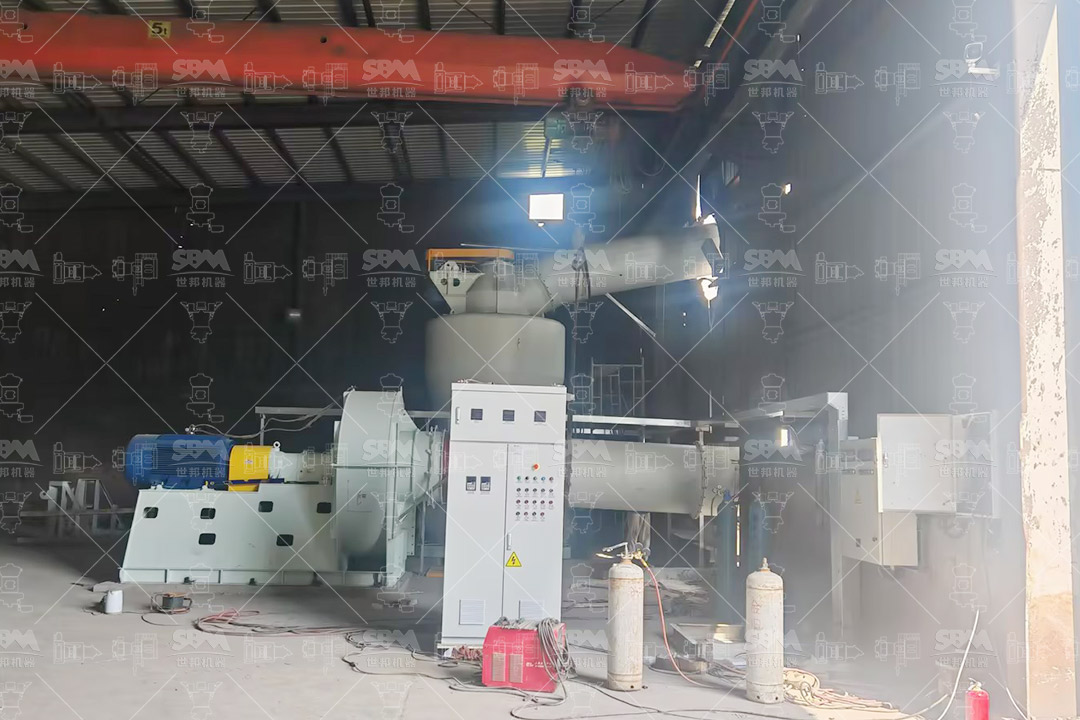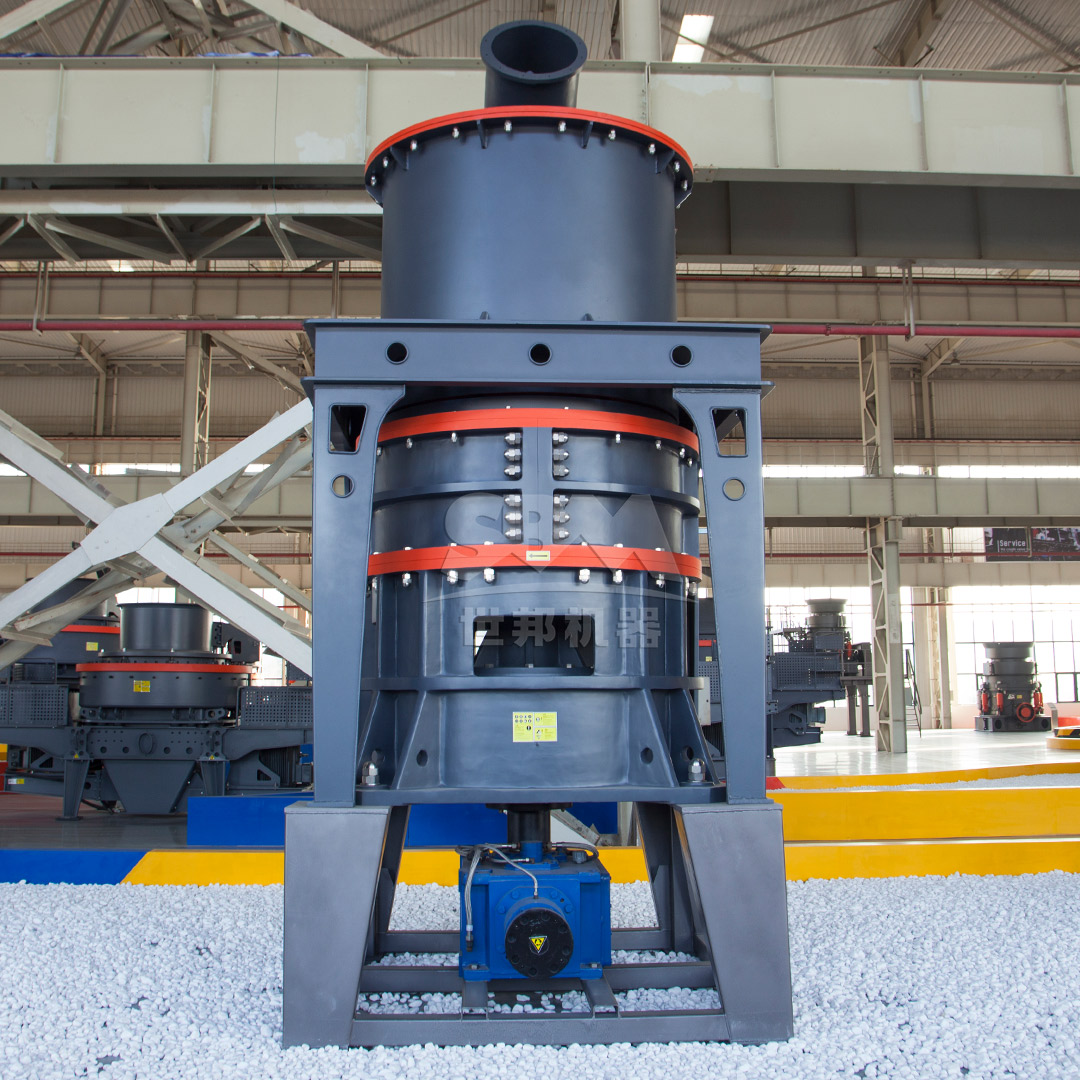The African glass manufacturing industry is experiencing significant growth, driven by urbanization, construction booms, and increased consumer demand. At the heart of this production process lies a crucial raw material: limestone. As a primary source of calcium oxide (CaO), limestone acts as a stabilizer in the glass melt, improving the chemical durability and hardness of the final product. However, the efficacy of limestone is entirely dependent on its particle size and purity, making the selection of an appropriate grinding mill a pivotal decision for any modern glass factory.
For African manufacturers, this choice carries additional weight. Factors such as operational costs, energy availability, maintenance infrastructure, and the need for consistent, high-quality output are paramount. An inefficient or unreliable grinding system can become a major bottleneck, leading to increased production costs, inconsistent glass quality, and costly downtime. This article explores the technical requirements for limestone grinding in glass manufacturing and highlights advanced milling solutions designed to meet the specific challenges faced by African industries.

The transformation of quarried limestone into a suitable material for glass manufacturing is a precise science. The target specifications are stringent and non-negotiable for ensuring a stable and homogeneous glass melt.
Achieving these specifications consistently requires a grinding mill that offers not only precise particle size control but also operational efficiency and reliability to maintain continuous production flow.
While the global principles of glass manufacturing are universal, African factories often operate within a unique set of constraints that influence equipment selection.
| Challenge | Impact on Grinding Operation | Solution Requirement |
|---|---|---|
| High Energy Costs | Grinding is an energy-intensive process. Inefficient mills drastically increase operational expenses. | Equipment with high energy efficiency and low specific power consumption (kWh/ton). |
| Dust Emission Regulations | Limestone grinding generates significant dust, posing health risks and environmental concerns. | Mills with integrated, highly efficient pulse-jet dust collection systems. |
| Limited Technical Maintenance Infrastructure | Complex machinery with frequent maintenance needs can lead to prolonged downtime if local expertise is scarce. | Robust, durable mill design with easy-wear parts replacement and remote monitoring capabilities. |
| Variable Raw Material Quality | Limestone hardness and moisture content can vary from quarry to quarry. | A versatile mill capable of handling slight variations in feed material without compromising product quality. |
For African glass factories seeking to optimize their limestone preparation process, the SCM Ultrafine Mill represents a superior technological solution. This mill is engineered to deliver the exacting fineness and consistency required for high-quality glass batch, while directly addressing the key challenges of the African industrial context.

| Model | Handling Capacity (ton/h) | Main Motor Power (kW) | Finished Product Fineness (mesh) |
|---|---|---|---|
| SCM800 | 0.5 – 4.5 | 75 | 325-2500 |
| SCM900 | 0.8 – 6.5 | 90 | 325-2500 |
| SCM1000 | 1.0 – 8.5 | 132 | 325-2500 |
| SCM1250 | 2.5 – 14 | 185 | 325-2500 |
| SCM1680 | 5.0 – 25 | 315 | 325-2500 |
For larger-scale operations or where the raw limestone feed size is slightly larger, the MTW Series Trapezium Mill serves as an excellent and robust alternative. This mill is renowned for its heavy-duty construction and high throughput capabilities.
Both the SCM and MTW series are backed by comprehensive technical support and can be tailored to specific project requirements, ensuring a perfect fit for any African glass manufacturing facility.

The choice of limestone grinding equipment is a strategic investment that directly impacts product quality, operational efficiency, and environmental compliance. For the burgeoning glass industry in Africa, adopting advanced, reliable, and efficient grinding technology is not a luxury but a necessity for competing in both domestic and international markets.
The SCM Ultrafine Mill, with its focus on precision, energy savings, and low maintenance, presents an ideal solution for manufacturers aiming for the highest quality standards. For larger, high-volume plants, the MTW Series Trapezium Mill offers the robustness and capacity needed for continuous, cost-effective operation.
By partnering with a technology provider that offers such advanced milling solutions, African glass factories can build a strong foundation for sustainable growth, ensuring a consistent supply of high-quality glass products for years to come.